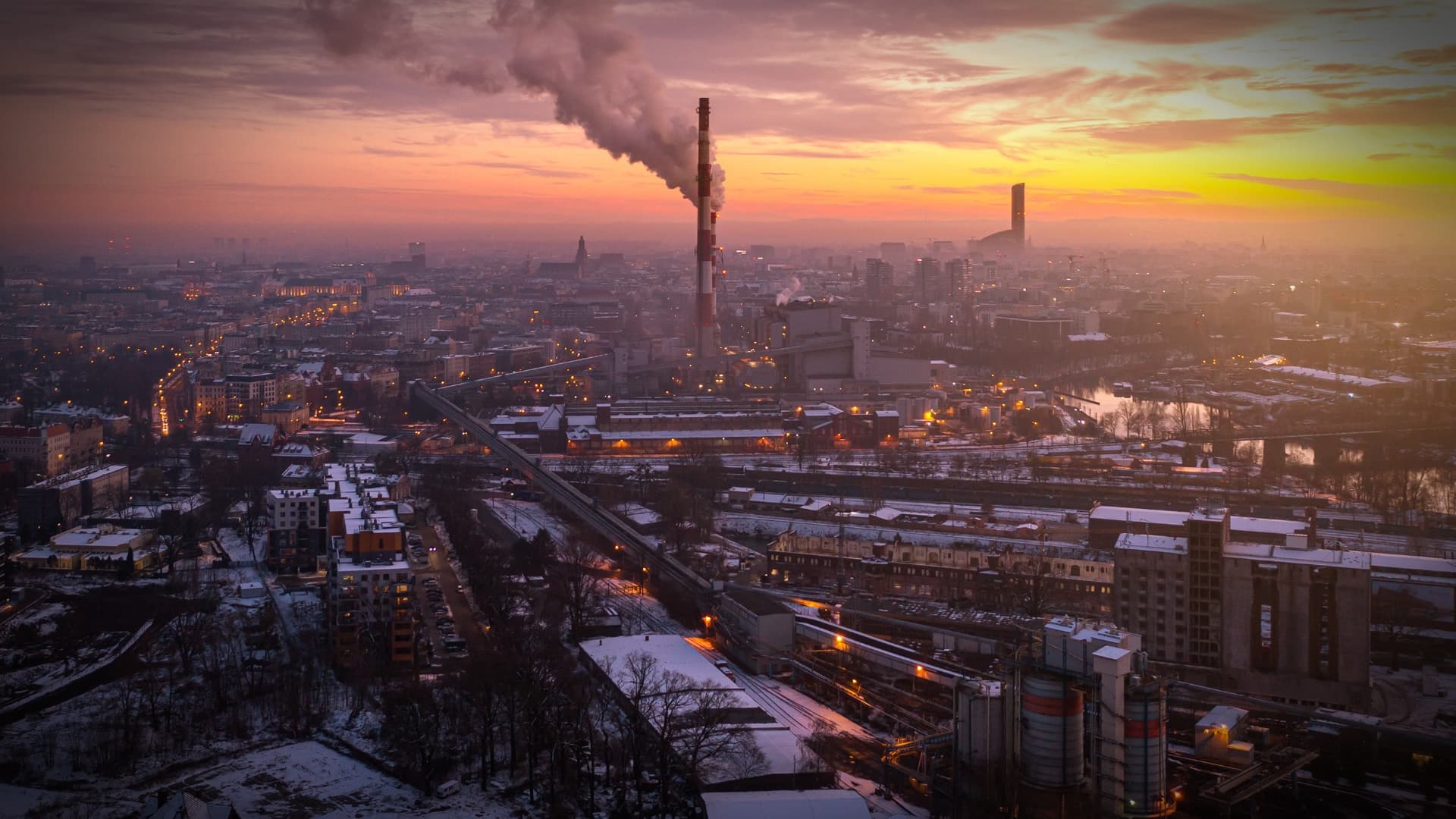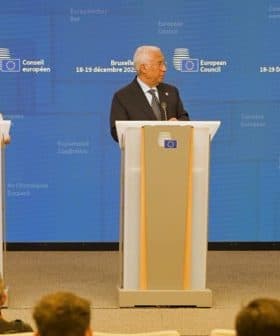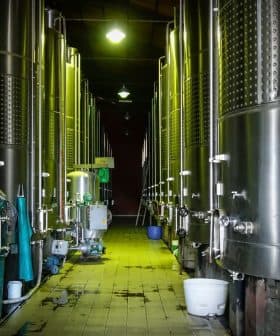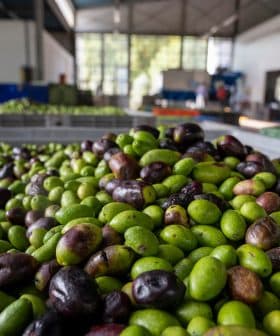‘Pollution Party’ Over as Europe Agrees to More Strict Emissions Trading System

European Union member governments have agreed on a significant reform of the carbon credit market to slash the bloc’s greenhouse gas emissions, expanding the Emissions Trade System (ETS) to energy-intensive and power-generating industries after tough negotiations. The reformed ETS aims to reduce emissions in all sectors by 62 percent by 2030, with additional measures such as reducing the availability of carbon credits and establishing funds for innovation and modernization to support the green transition.
European Union member governments have agreed on a significant reform of the carbon credit market to slash the bloc’s greenhouse gas emissions.
The reform package for the Emissions Trade System (ETS) comes after months of tough negotiations, which resulted in a substantial expansion of the once-limited system to energy-intensive and power-generating industries.
The free pollution party is over; we are sending the industry on the modernization course. The worst polluters pay extra, and those who decarbonize are supported.
Once the reform is ratified by the European Parliament and each of the 27 member states, it will be available for almost all economic sectors.
According to a note from the European Parliament press office, the ETS embodies the “polluter pay” principle, allowing companies to invest in carbon credits to offset their emissions.
See Also:E.U. to Halt Imports Derived from Deforestation“By putting a price on greenhouse gas emissions, the ETS has triggered significant reductions in E.U. emissions, as industries have an incentive to reduce their emissions and invest in climate-friendly technologies,” the parliament wrote.
The reformed ETS aims to reduce emissions in all sectors by 62 percent by 2030. A separate ETS will start operating in 2027 and involve the remaining sectors, specifically construction and road transport.
For the first time, sectors such as maritime transport or home heating equipment will be included in the carbon credit market.
To meet its goals, the ETS will reduce the availability of carbon dioxide equivalent credits in the market from 2026. By decreasing the number of available credits, industries will have to increase their investments in the green transition to remain compliant with emissions limits.
Twenty-four percent of all available ETS allowances will be used as a market stability reserve “to address possible imbalances between the supply of and demand for allowances in the market due to external shocks such as those caused by Covid-19.”
The new ETS will also halve the free carbon permits currently available to critical sectors such as cement, chemicals and steel by 2030.
See Also:Why the U.S. Lags Behind Other Western Nations on Carbon Tax IssueBy 2034, the permits will be canceled, a move that resulted in criticism from the industry. They argue that the end of free licenses will negatively impact the ability of European sectors to compete with global peers.
In response, the E.U. has established two funds for innovation and modernization, totalling €50 billion, to support the green transition.
Given the many uncertainties in the energy sector and its effects on European citizens, E.U. member governments have also established an €86-billion social fund designed to protect the most vulnerable portions of the population from excessive price rises.
“This deal will provide a huge contribution towards fighting climate change at low costs,” said Peter Liese, the German lawmaker in charge of the ETS report. “It will give breathing space for citizens and industry in difficult times and provide a clear signal to European industry that it pays off to invest in green technologies.”
“The free pollution party is over; we are sending the industry on the modernization course,” Michael Bloss, a German lawmaker from the Green Party, said in a television interview. “The worst polluters pay extra, and those who decarbonize are supported.”
The ETS is a crucial part of the FitFor55 package approved by the E.U. last summer to reduce the bloc’s emissions by 55 percent before 2030.









